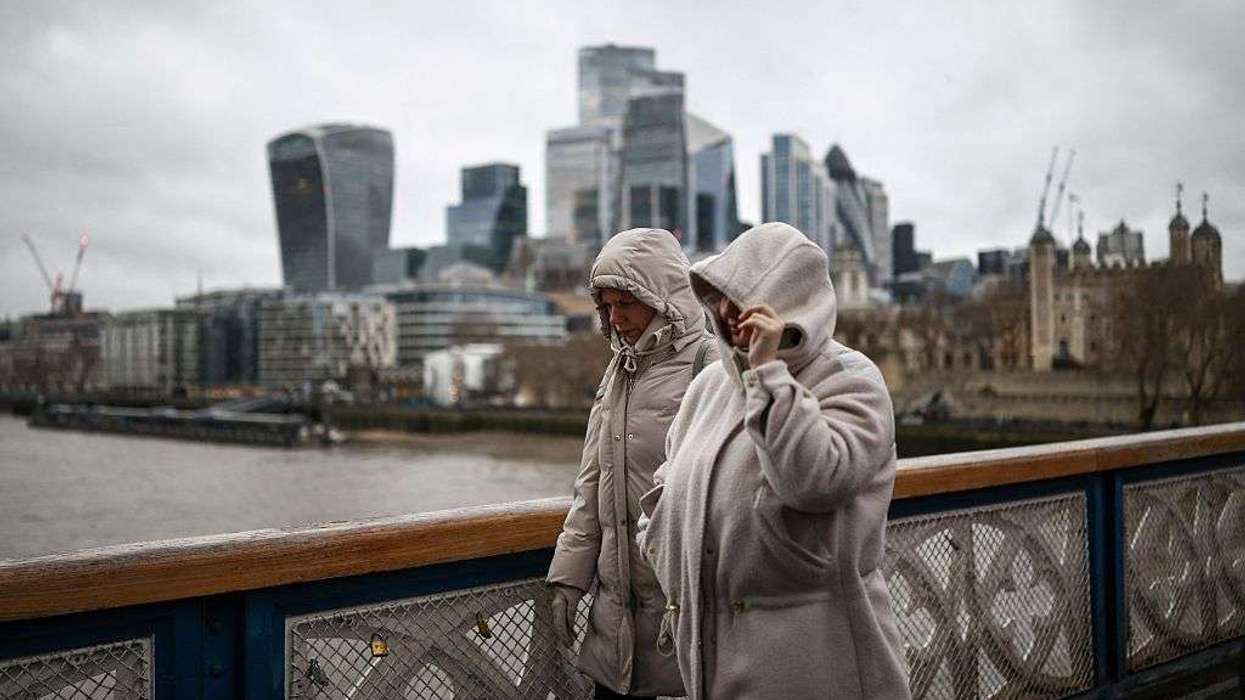Sri Lanka great Kumar Sangakkara said players could "only deal with so much" after it was announced England all-rounder Ben Stokes was taking an indefinite break from all forms of cricket to "prioritise his mental well-being".
Stokes, the latest high-profile sports star to step away from the pressure of international competition, has now withdrawn from England's squad ahead of a five-match series against India starting at Trent Bridge next week.
The England and Wales Cricket Board added Friday the 30-year-old World Cup winner was also stepping aside to rest his left index finger.
He had rushed back from injury to lead England in a one-day international series against Pakistan earlier this month after all those originally selected were ruled out by a coronavirus outbreak within the hosts' camp.
Stokes' decision came just days after American superstar gymnast Simone Biles pulled out of two events at the Tokyo Olympics to also protect her mental health.
The 24-year-old's struggles followed those of Japanese tennis star Naomi Osaka, another face of the Games who lost in the third round on her return from a mental health break, having withdrawn from the French Open and skipped Wimbledon saying she had been battling depression and anxiety.
- 'Very tough time' -
England team managing director Ashley Giles, offering his support to Stokes, said the prolonged impact of playing international cricket in biosecure bubbles during the coronavirus pandemic had been "extremely challenging".
Meanwhile, Sangakkara told Sky Sports: "It must be a very, very tough time for Ben and his family. It won't be a decision made easily but (it) brings into focus the level elite players play at -- your coping mechanism can only deal with so much.
"A lot of time away from home, in bubbles, restrictions in terms of freedom of movement, then the added pressures of performing at such a high level in the public eye.
He added: "We've had a host of elite athletes who've spoken about mental wellbeing and the effects of Covid and the pressure around it, and of course pressure in the limelight, that have led to them making some very tough decisions."
Stokes, who in normal circumstances would be vice-captain to Test skipper Joe Root, is a key figure for England.
In 71 Tests, he has scored 4,631 runs at 37.04 as a dynamic left-handed batsman, including 10 hundreds, and taken 163 wickets at 31.38.
More than raw figures, however, it is his ability to balance the side and above all, turn a game with either bat or ball that makes Stokes such a valuable player.
His stunning unbeaten hundred that saw England to a remarkable one-wicket win in a 2019 Ashes Test at Headingley was one of several match-winning contributions.
As as well as playing under the shadow of Covid-19, the past year has also seen Stokes coping with the death of his father Ged, a former New Zealand rugby league international, from brain cancer.
"I hope he's OK -- he's a fabulous cricketer, one of the best in the world at the moment," said former England batsman Kevin Pietersen.
"He obviously lost his dad, there are a lot of things that have happened to Ben Stokes in the last couple of years."
Stokes' break was announced just hours after the ECB said player welfare was "paramount" ahead of the upcoming Ashes tour of Australia amid concerns some of their side may not make the trip unless coronavirus restrictions currently in force in Australia are relaxed.
In particular, all-format players such as Stokes, a husband and the father of young children, could be separated from their families for up to four months due to the five-Test Ashes series starting just weeks after the November finish of the Twenty20 World Cup in the United Arab Emirates and Oman.



